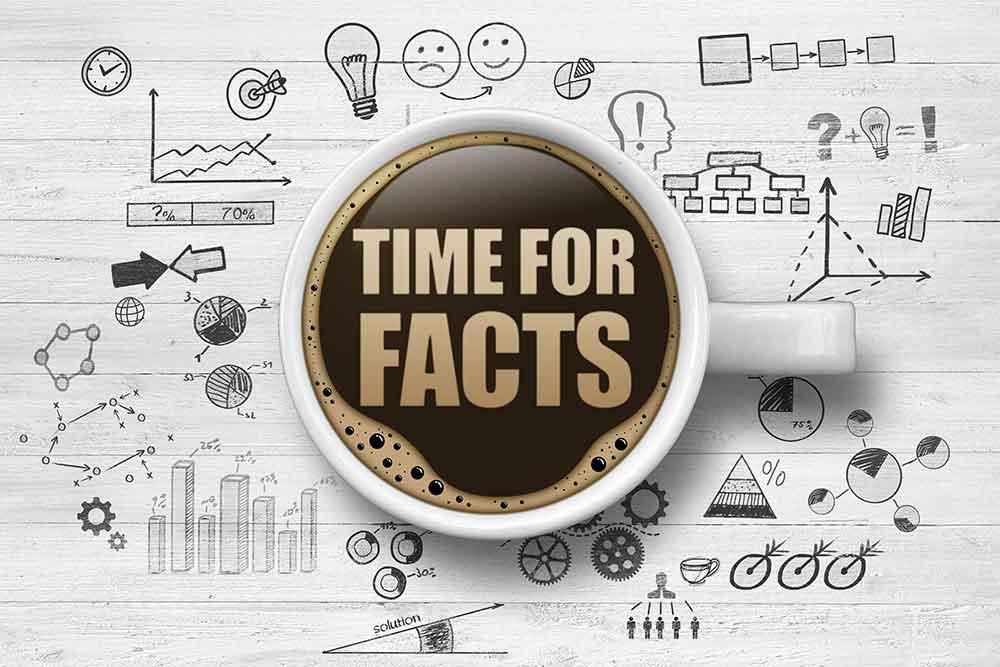
Debunking Common Coffee Myths: Separating Fact from Fiction in the World of Coffee

Coffee has been around for centuries and has become a staple in many cultures around the world. With its widespread popularity comes a plethora of information and opinions about this beloved drink. However, not all of this information is accurate. In this blog, we will take a closer look at some of the most common coffee facts that people misunderstand and separate fact from fiction.
-
Darker Roasts are Stronger: Darker roasts may have a bolder flavor, but they actually contain less caffeine than lighter roasts. The roasting process burns off caffeine, which means that lighter roasts have a higher caffeine content.
-
Espresso has More Caffeine Than Regular Coffee: Espresso shots are smaller than regular coffee, but they have the same amount of caffeine. In fact, a single shot of espresso has approximately the same amount of caffeine as an 8-ounce cup of coffee.
-
Coffee Dehydrates You: Coffee contains water, and although it may have a slight diuretic effect, it is still hydrating. According to studies, coffee can be counted as part of your daily fluid intake.
-
Coffee Stains Your Teeth: Coffee does not actually stain your teeth. Instead, the sugar and cream in coffee can contribute to tooth decay. Drinking coffee without added sugar and cream, or brushing your teeth after drinking it, can help reduce the risk of tooth decay.
-
Coffee is Bad for Your Health: Coffee has many health benefits when consumed in moderation. It can improve mental alertness, reduce the risk of certain diseases such as Parkinson's and type 2 diabetes, and even enhance physical performance.
In conclusion, there are many coffee facts that people misunderstand. When it comes to coffee, it is important to separate fact from fiction and to make informed decisions about your coffee consumption. By doing so, you can enjoy the many benefits of this delicious drink without any false assumptions or misconceptions.
The information about "Debunking Common Coffee Myths: Separating Fact from Fiction in the World of Coffee" was provided by ChatGPT, a language model trained by OpenAI during a personal conversation on (2023-02-06).
References: ChatGPT. (2021). Personal conversation.